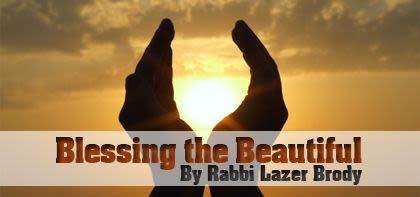
Blessing the Beautiful
Blessings express our appreciation to The Almighty for all the wonderful things He gives us. There’s even a special blessing to say when seeing extraordinary beauty...

Dear Rabbi Brody,
I have a question about a particular blessing and am hoping you may be able to answer it, or at least throw some light onto it for me. When would one say the blessing for a “beautiful person”? In other words, what constitutes a ‘beautiful person’ to warrant saying that particular blessing?
Thanking you in advance, the Gold family, USA.
B”H
Shalom to the Gold family!
Your question is a terrific one and important – you’re the first ones to ever ask me about this blessing, so I’m happy to have the opportunity to answer, with Hashem’s loving grace, as follows:
The Code of Jewish Law (Shulchan Oruch, Orach Chaim, 225:10), based on the Gemara (tractate Berachot 58b) answers that we make the following blessing – Baruch ata Adonoi Elohenu Melech Haolam she’kakha lo b’olamo – whenever we see a remarkably beautiful tree, animal or human, with the following limitations: the Gemara is referring to the type of beauty that’s very special that your heart skips a beat or your soul feels totally enthralled. Notwithstanding, there are several qualifications to keep in mind:
1. We only make the blessing the first time we see the person, and then we don’t make it anymore again on the same person ever.
2. Men shouldn’t make this blessing on a woman because they shouldn’t be looking at women. The Gemara tells us that making a blessing over something forbidden, like eating a ham sandwich or waving a stolen lulav, is hateful and spiteful to Hashem. Since the Torah forbids us from looking at a woman other than our wife (mother, daughter) or other than a marital prospect, making a blessing over a beautiful woman would fall into the same category, for we shouldn’t be looking at her in the first place.
3. We shouldn’t make this blessing more than once in 30 days, unless something comes along even more beautiful than the object of our last blessing.
Even though this blessing is mentioned in the Gemara as we cited above and codified in Jewish law, our latter-day Rabbinical scholars (see Chayei Adam I:63) say it’s preferable not to use this blessings at all. The Chafetz Chaim concludes (Mishna Brura 225:10, comment 32), that it’s best to say this blessing without saying Hashem’s name, in other words, Baruch she’kakha lo b’olamo – this way, you can say the blessing whenever you want.
The advice of saying a blessing without Hashem’s name when you’re not 100% sure if the blessing is necessary or not is a great idea, since it saves a person from taking Hashem’s Name in vain, G-d forbid. For example, if something wonderful happens to you and you want to thank Hashem, but you’re not sure whether or not to say the Tov U’Maitiv blessing, simply say Baruch Hatov V’Hamaitiv.
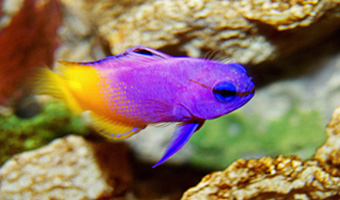 Many people praise Hashem when the see something beautiful by saying Psalm 104:24, Ma rabu maasecha Hashem, kulam b’chochma asita, mull’ah ha’aretz kinyanecha, “How manifold are Your works, Hashem! You have made them all in wisdom; the earth is full of Your handiwork!” This is the recommended way to thank Hashem when we see beautiful scenery, such as mountains, lakes, or a flower garden in full bloom. If you’re scuba diving in Eilat and you see the fabulously colored fish there, saying Psalm 104:24 is the proper way to go.
Many people praise Hashem when the see something beautiful by saying Psalm 104:24, Ma rabu maasecha Hashem, kulam b’chochma asita, mull’ah ha’aretz kinyanecha, “How manifold are Your works, Hashem! You have made them all in wisdom; the earth is full of Your handiwork!” This is the recommended way to thank Hashem when we see beautiful scenery, such as mountains, lakes, or a flower garden in full bloom. If you’re scuba diving in Eilat and you see the fabulously colored fish there, saying Psalm 104:24 is the proper way to go.Another alternative is to simply thank Hashem and praise Him in your own words. This is something we should do plenty of all day long.
May Hashem bless you and yours fill your lives with beauty. Best always, LB



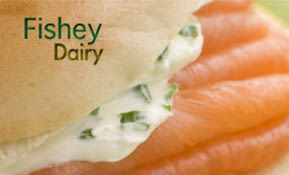

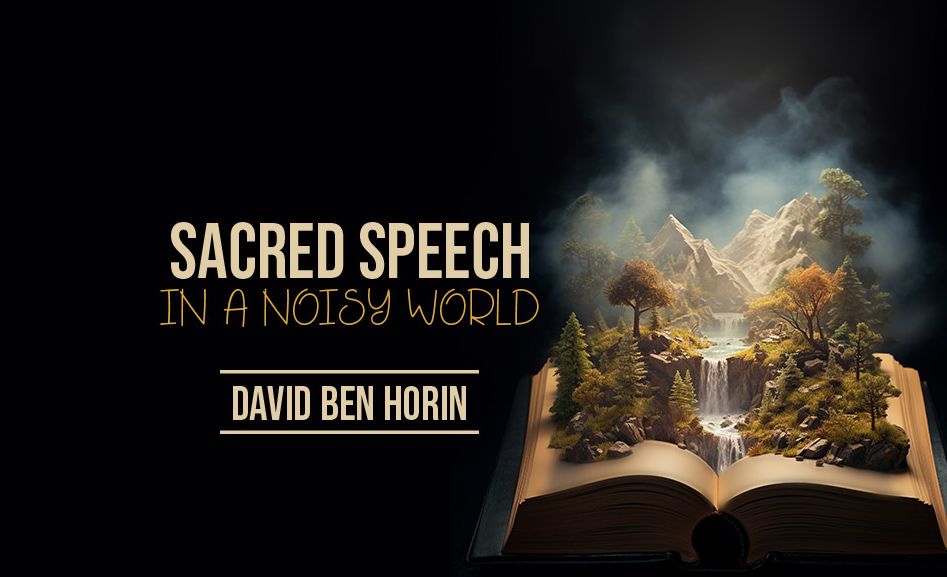
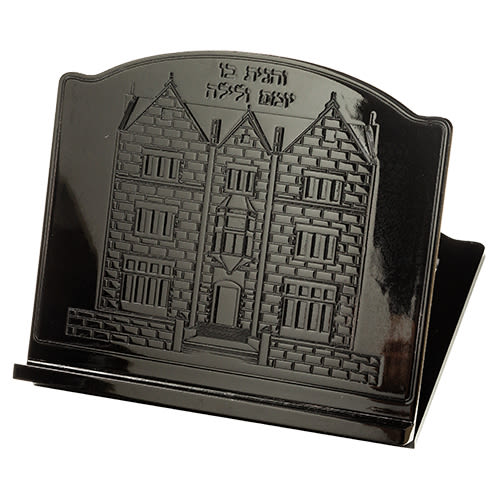

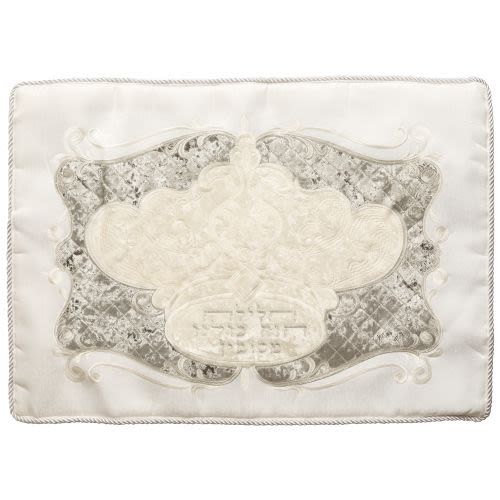
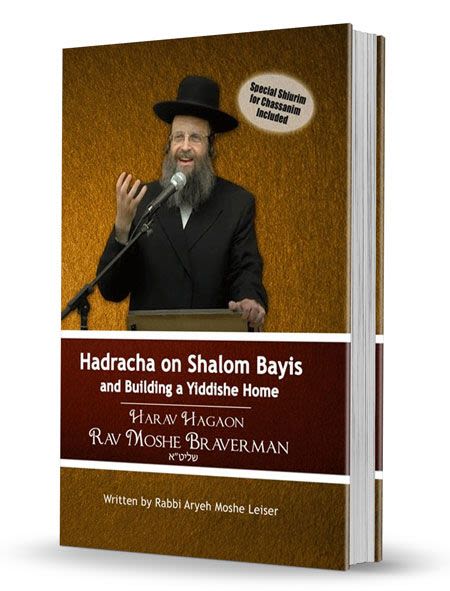
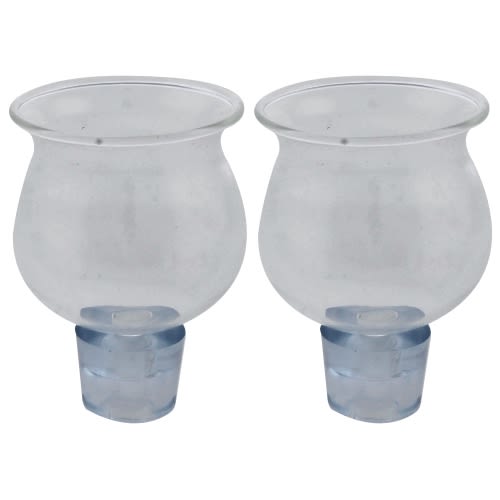
Tell us what you think!
Thank you for your comment!
It will be published after approval by the Editor.